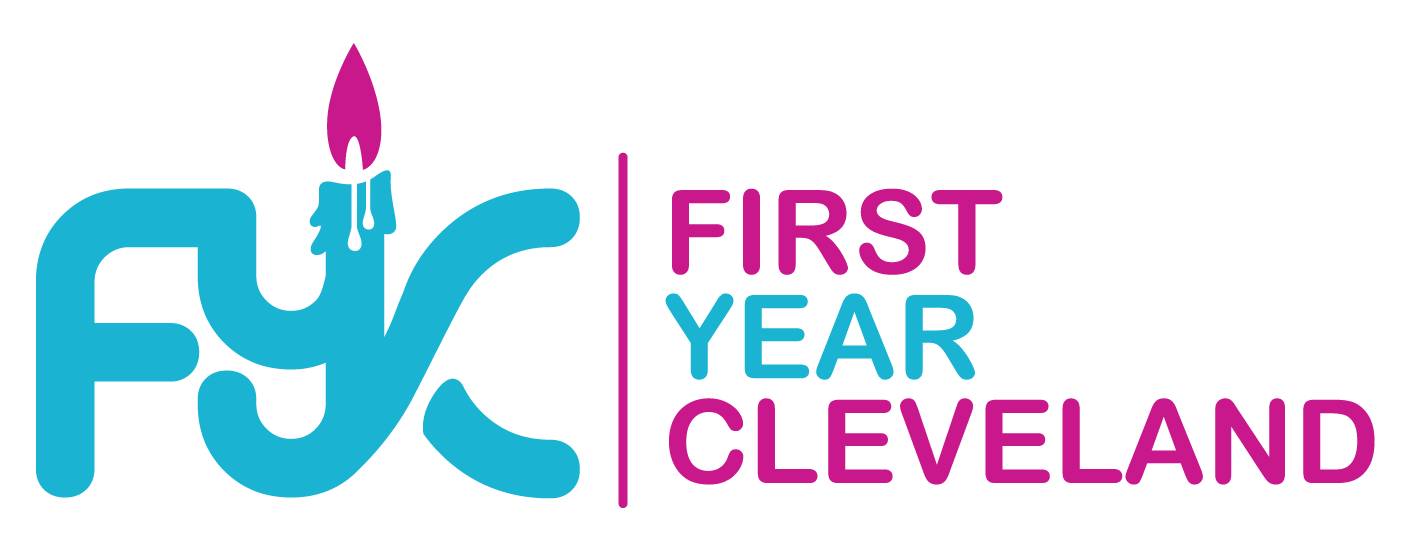Nicole B. was ecstatic when she brought her son, D’Antoni, home from the hospital in January 2009. Nicole and her husband had three beautiful weeks with their newborn before he passed away in February, due to complications from surgery. Since then, Nicole has been vocal about her loss, giving talks to support groups and facilitating events. Here, she shares what she wants everyone to know about infant loss.
I’ve always tried to talk to my family members about their losses. People say it’s taboo to talk about it. But I’ve never shied away from it. I’ll ask them: “Do you need anything? How are you feeling? Let’s talk about it.” Those losses were personal because it was family, but I could still have distance with it. But, then it happened to me…
I had no issues at all in the pregnancy with D’Antoni. It was perfectly healthy. It wasn’t until he was born that I noticed he wasn’t eating properly. So, I told the nurses that I thought something was wrong. They kept pushing my concerns aside, not really taking me seriously. It was only when I told them that I was a nurse did they take any type of action. That’s what really upset me: what about these other black women who have less income, less education? They’re not going to be taken seriously either.
They finally did an X-ray and found out D’Antoni had a bowel obstruction. That is why I tell my patients this: “Speak up at all costs, especially when it comes to your child’s health. If one nurse doesn’t listen, you go to the next nurse, and then the next nurse.”
It is so sad because medical professionals tend to look over the African American population, as if we don’t know what we’re talking about. That stigma is there. You must get all these degrees for somebody to listen to you. A lot of family and friends did not know how to support me after my son died. They were there initially to hold and love on you, but after that, they all disappear — some friends, even family stopped talking to me. Looking back on this, I can understand why — all I talked about was my son. It can make people uncomfortable, but that was the only way I knew to process it.
In my experience, I tell them to say my son’s name. They believe they’ll upset me if they mention him, but the reality is the opposite. We want to hear our baby’s name. We want to remember him. We want to talk about our baby. My son’s name is D’Antoni. Use it. It took me a good three years after his death to feel strong enough to start advocating. That’s when I began giving talks and facilitating groups. I wanted to help people get through their grief because I know how heavy this road is.
I encourage everybody to get some kind of therapy. Again, a lot of black people think therapy is taboo, but it really helped me. I was one of the first attendees at the Cornerstone of Hope neonatal loss support group. They made a tremendous impact in our lives. They gave us the tools we needed to survive that period.
Now, it didn’t happen overnight. For me, it was a journey, but I still had those tools to refer to. I’ve never been medicated, but don’t shy away from that if that’s what you need. People don’t really understand grief. They think you should get over it. They always put a time limit on it. You have to get a hold on your grief, though, because grief can consume you if you let it. People say, “It’s been nine years, you’re still grieving over that?” Yes, I am. I didn’t bury a fish or dog, I buried my son.
As long as I live, I believe I’m going to always grieve. I love him.
